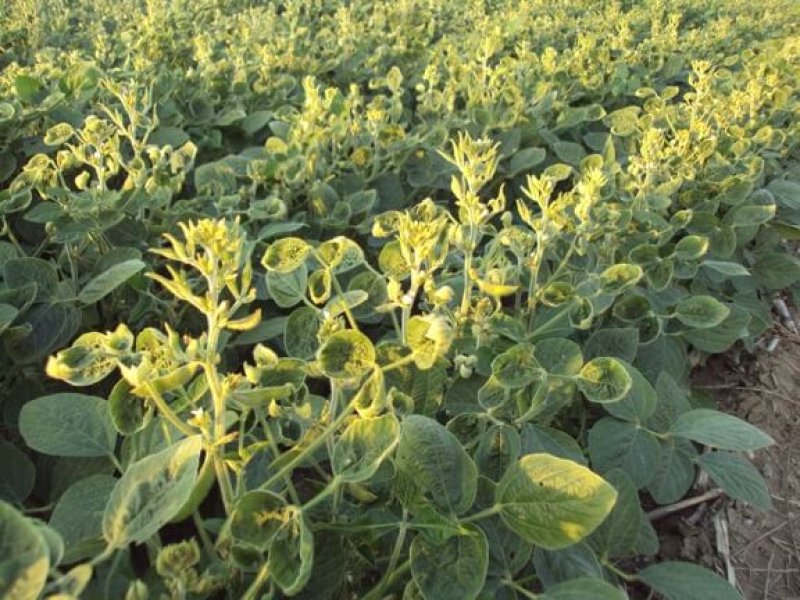The U.S. environmental agency is considering banning sprayings of the agricultural herbicide dicamba after a set deadline next year, according to state officials advising the agency on its response to crop damage linked to the weed killer.
Setting a cut-off date, possibly sometime in the first half of 2018, would aim to protect plants vulnerable to dicamba, after growers across the U.S. farm belt reported the chemical drifted from where it was sprayed this summer, damaging millions of acres of soybeans and other crops.
A ban could hurt sales by Monsanto Co (MON.N) and DuPont which sell dicamba weed killers and soybean seeds with Monsanto’s dicamba-tolerant Xtend trait. BASF (BASFn.DE) also sells a dicamba herbicide.
It is not yet known how damage attributed to the herbicides, used on Xtend soybeans and cotton, will affect yields of soybeans unable to withstand dicamba because the crops have not been harvested.
***
Chemical companies have blamed the crop damage on farmers misusing the herbicides.
Specialists, though, say the weed killers are also risky because they have a tendency to vaporize and drift across fields, referred to as volatility.
The GLP aggregated and excerpted this article to reflect the diversity of news, opinion and analysis. Read full, original post: EPA eyes limits for agricultural chemical linked to crop damage































